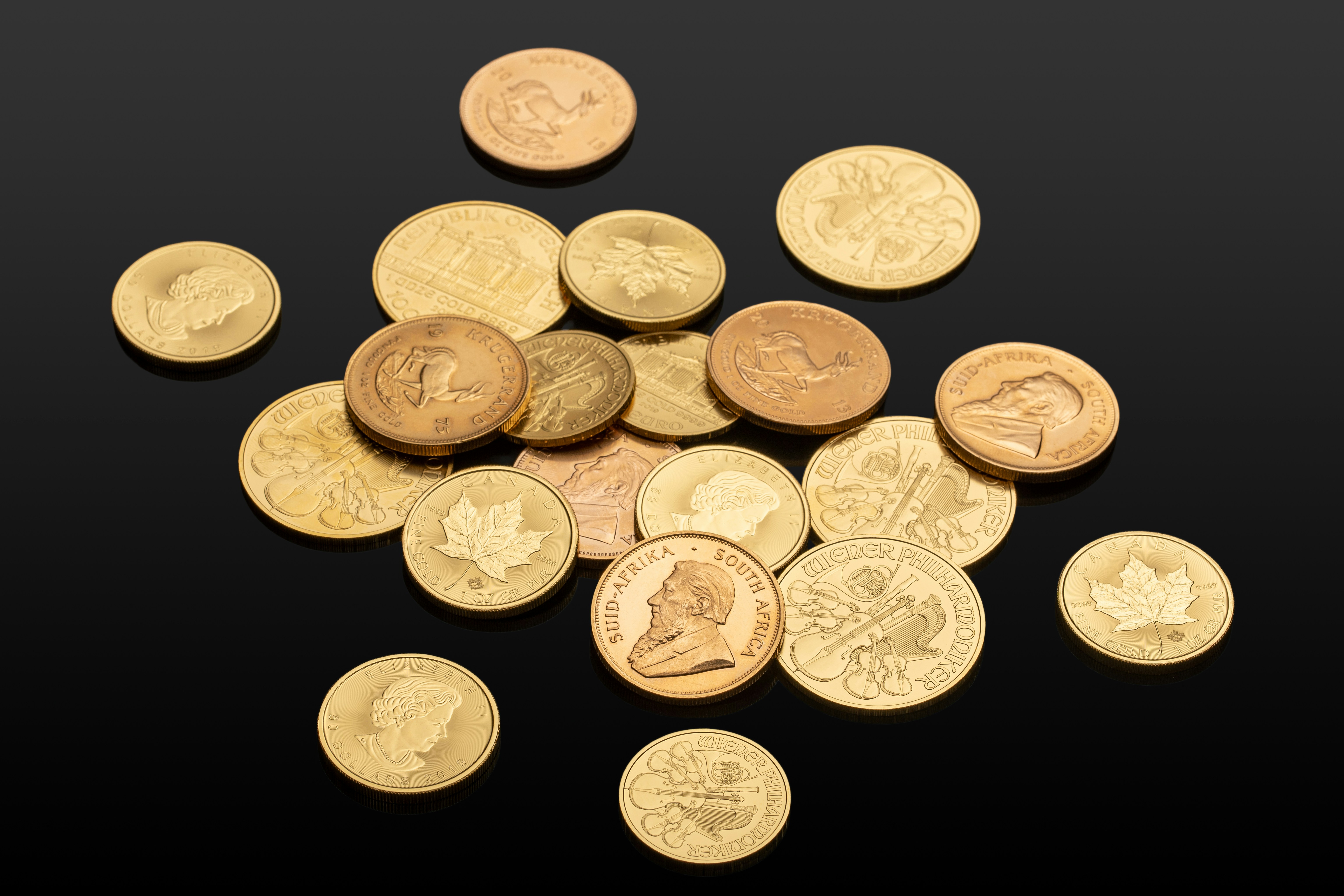African Gold Smuggling Surges, UAE Identified As Major Destination

Dubai, UAE — A new report by Swissaid has identified the UAE as the primary destination for gold smuggled out of Africa, with illicit trade now making up about 40% of the continent's total production. This finding underscores the significant role that illegal gold mining and smuggling play in Africa's gold industry and highlights the urgent need for enhanced regulatory measures and international efforts to tackle the pervasive issue.
Overview of the Swissaid Report
The Swissaid report reveals alarming statistics about the scale of illicit gold trade in Africa. According to the report, nearly 40% of Africa’s gold production is funneled through illegal channels, ending up primarily in the UAE. The report's methodology involved extensive field research, interviews with key stakeholders, and analysis of trade data to uncover the complexities of the smuggling networks.
The Scale of Gold Smuggling in Africa
Gold smuggling in Africa is a massive and growing problem. The report highlights several factors contributing to the high levels of illegal gold mining and smuggling, including weak regulatory frameworks, corruption, and the lucrative nature of the trade. Key regional hotspots for gold smuggling include countries with significant gold reserves and poor regulatory oversight, such as Ghana, Sudan, and the Democratic Republic of Congo.
UAE as a Major Destination for Smuggled Gold
The UAE has emerged as a central hub in the global gold market, partly due to its favorable import policies and established infrastructure for gold trading. The Swissaid report points out that the UAE's relatively lax import regulations make it an attractive destination for smuggled gold. The country’s strategic position as a global trading hub further facilitates the inflow of illicit gold, which is then refined and re-exported to various markets around the world.
Economic and Environmental Impacts
The economic consequences of gold smuggling for African countries are severe. Governments lose substantial revenue that could be invested in public services and infrastructure. Moreover, illegal mining activities often result in significant environmental degradation, including deforestation, water pollution, and soil erosion. These activities also have profound social implications, disrupting local communities and contributing to conflict and human rights abuses.
Challenges in Regulating the Gold Trade
Current regulatory measures in African countries are often insufficient to combat the sophisticated smuggling operations. The report identifies several gaps and weaknesses in enforcement, such as inadequate border controls, limited resources for monitoring and enforcement, and the pervasive influence of corruption. These factors collectively allow the smuggling networks to thrive, undermining efforts to establish a legal and transparent gold trade.
Recommendations for Addressing Gold Smuggling
Swissaid's report provides several recommendations for combating the illicit gold trade. Key among these is the need for stronger international cooperation to enhance the traceability of gold from mine to market. The report suggests implementing stricter import regulations and leveraging technology to improve tracking and monitoring. Additionally, it emphasizes the importance of building the capacity of local regulatory bodies and promoting transparency in the gold trade.
Conclusion
The surge in African gold smuggling and the UAE’s role as a major destination for this illicit trade present significant challenges for both regions. Addressing these issues is crucial for ensuring sustainable development in Africa and maintaining the integrity of the global gold market. The Swissaid report highlights the urgent need for comprehensive and coordinated efforts to curb gold smuggling, protect the environment, and support the economies of African nations. Stakeholders across the globe must heed these recommendations to combat the complex and pervasive issue of gold smuggling effectively.
Author: Gerardine Lucero
Copper's Comeback: Inside BHP And Lundin's Argentine Asset Acquisition
Copper, often dubbed "the metal of electrification," is experiencing a resurgence in demand due to its critical role in ... Read more
Revitalizing Commodities: How Clean Energy Is Breathing New Life Into A Stagnant Market
The commodities market, traditionally a cornerstone of investment portfolios, has experienced a decade of stagnation. Ho... Read more
European Airports Disrupted By Escalating Climate Protests
Climate activists have escalated their protests at European airports, blocking runways and causing flight disruptions in... Read more
Hungary's Russian Oil Dilemma: Why Brussels Is Cautious In Offering Support
Hungary's reliance on Russian oil has led it to seek support from Brussels to ensure continued access to this crucial en... Read more
Unveiling China's Secret Commodity Stockpiles: What Lies Ahead?
Xi Jinping's extensive reserves of grain, natural gas, and oil hint at future challenges.In a move shrouded in secrecy, ... Read more
Copper Miners Brace For Industry Overhaul As End Users Seek Direct Deals
The copper mining industry is bracing for a significant overhaul as end users, including cable manufacturers and car com... Read more

